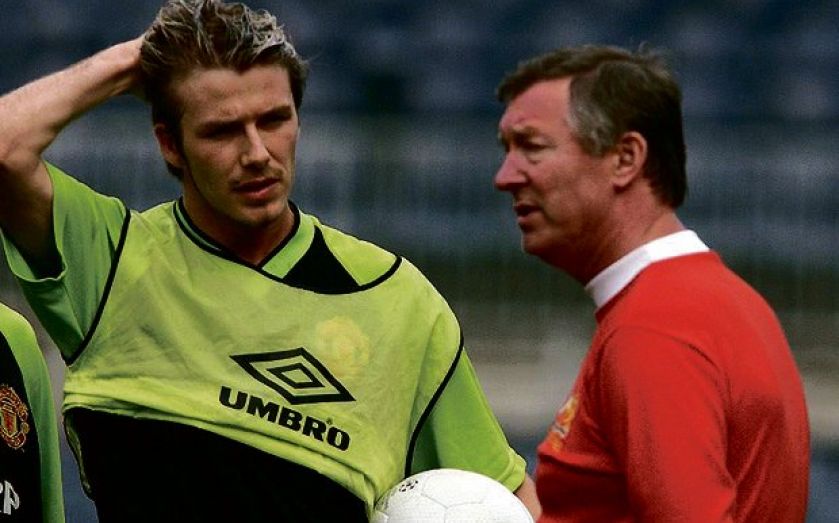Four business tips from Alex Ferguson

Ruthlessness and a focus on young talent may pay off, but be careful not to linger after quitting
WITH 38 trophies in 26 years at Manchester United, including 13 of the 21 Premier League titles he contested, Sir Alex Ferguson can stake a strong claim as the most successful sports manager in a generation. This is all the more impressive given that the club was often outspent by title rivals towards the end of his reign.
But by awarding him a “long-term teaching position” in executive education, Harvard Business School is betting that Ferguson’s wisdom will prove useful outside of the dressing room. Here are some of the insights the Scot is likely to share with students, as well as a possible mistake that could still be costing the Manchester club dear.
NO ONE IS BIGGER THAN THE FIRM
“I couldn’t lose control of the players if I wanted to remain at United,” Ferguson wrote in his autobiography. Managing highly-paid teams with enormous egos is something many executives can relate to, and Ferguson’s approach was no-nonsense. Roy Keane, David Beckham and Jaap Stam were all removed as soon as they were judged to have undermined his management, regardless of the detrimental short-term effects of losing a star performer. Tony Blair said in his memoirs that he sought Ferguson’s advice on the handling of his dissenting chancellor Gordon Brown. “Chuck him out,” Ferguson is said to have responded. “The most important thing is control. The minute they threaten your control, you have to get rid of them.”
NEVER STOP EVOLVING
Hubris is an acute danger for successful businesses, with Nokia’s downfall at the hands of Apple’s iPhone often cited as a classic case. “Many leaders are hostage to their success, sticking with investments and ways of working,” says Julian Birkinshaw of the London Business School. But it’s not something Ferguson’s teams can be accused of. He was a “master of renewal”, says Birkinshaw, and businesses can learn a lot from his willingness to sell-off star players and shake-up tactics long before they became stale.
FOCUS ON YOUNG TALENT
On arriving in Manchester in 1986, one of Ferguson’s first steps was to overhaul the club’s youth development system. “I wanted to build right from the bottom. With this approach, the players all grow up together, producing a bond that, in turn, creates a spirit,” he told the Harvard Business Review last year. The squad’s backbone for the next decade was to grow out of this youth system, with the famous “class of 1992” (including Beckham, Ryan Giggs and Paul Scholes) going on to win the 1999 Champion’s League.
Just as this generation of players would embody the club’s identity for years to come, developing young talent in business is “key to organisational continuity and improvement,” says Andy Lockett, professor of strategy and entrepreneurship at Warwick Business School. “It also allows a company to focus on the character and psychology of their employees.”
DON’T HANG AROUND
As with any strong leader, Ferguson’s departure casts a long shadow over his successor. But his current position on the club’s board, and continued presence at games, is not something business leaders should seek to emulate, says Birkinshaw. Continuity is desirable, but “there’s nothing worse than having the former boss second-guessing your decisions.” With the club currently languishing under new manager David Moyes, Birkinshaw may have a point.
Locate a wi-fi zone nearby
Wi-Fi Finder
Free
The spread of 3G and 4G has drastically reduced the need for wi-fi hotspots. But for laptop users, or mobiles running data-heavy applications, they’re still a must. Wi-Fi Finder shows coffee shops, libraries and other hotspots nearby using your phone’s GPS, along with instructions on how to get there. Its developers claim it works in 144 countries worldwide.